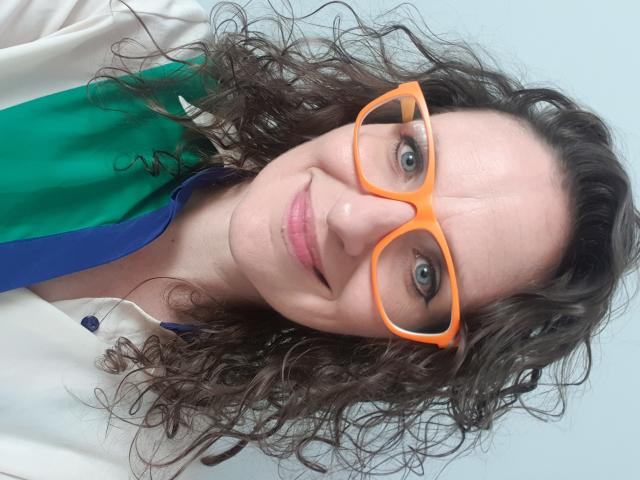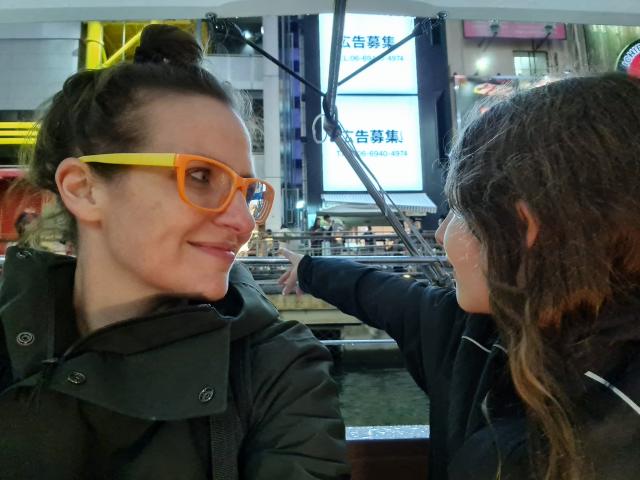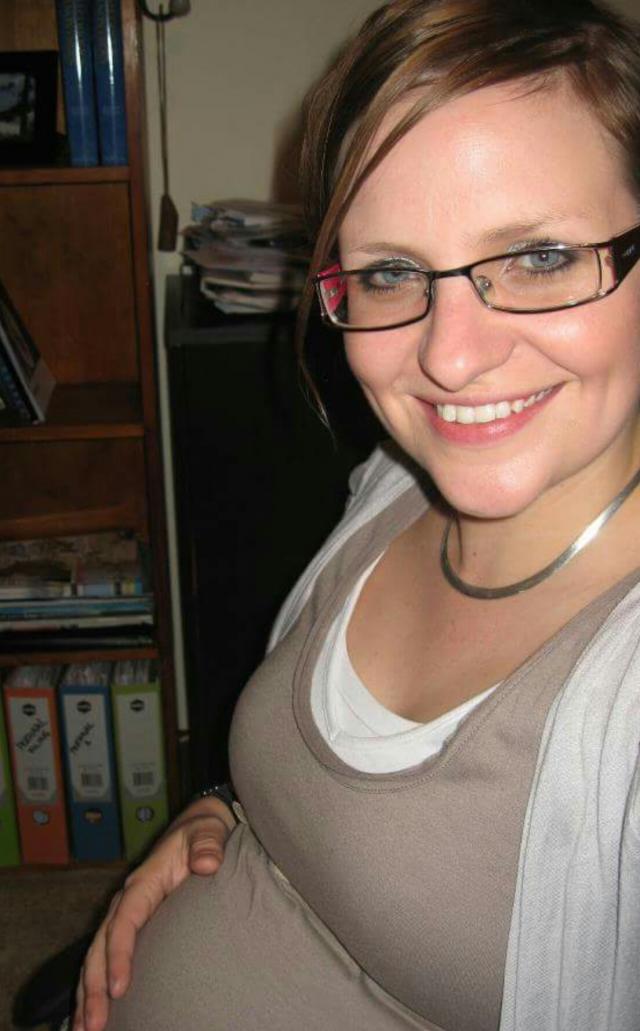By Casey Neill
Pieta Shakes is using her personal experience to support women who receive a prenatal diagnosis.
The Melbourne mum was anxious early in her pregnancy but had started to relax by 31 weeks.
“I had some extra pain and I had a scan,” she said.
“I thought ‘this is great, I have an extra chance to see my baby’.
“I was reassured at the scan that everything was fine.”
But at the bottom of the scan results was a note about the way her baby’s brain was developing.
She plugged the words into Google and saw ‘severe intellectual disability’ and ‘death’ among the results.
Pieta got an urgent appointment with a specialist.
“I couldn’t work, I couldn’t sleep. I was obsessed with trying to read things,” she said.
“I was crying lots, distressed.”
A further scan at 32 weeks confirmed the initial scan and Pieta was advised to terminate.
She had further tests and spoke to multiple specialists, who all gave her “pretty hard odds” and again offered termination.
A fetal MRI at 34 weeks changed the diagnosis a little and her baby’s odds improved.
“It was such a whirlwind not knowing if I was going to have a baby, not knowing what her life would be,” she said.
“Not knowing if it was selfish for me to consider terminating, or selfish for me to consider having her.
“I had a whole nursery set up, I thought ‘what am I going to do with that?’.
“Then I thought I was a horrible person for thinking about material things.”
Guilt consumed Pieta. She told herself she hadn’t grown her baby properly, she must have done something wrong.
“It’s such an emotional toll,” she said.
“I had to make the decision based on what I’d hate myself less for.”
Pieta’s mental health declined further after a complicated birth.
“Her anomaly is quite rare so I was obsessed with reading what I could,” she said.
“The doctors didn’t know about it so I had to be the one with the knowledge.
“Every time I put her to sleep I’d worry if she’d live.
“I had all these intrusive thoughts, like all the cupboards were going to fall on her in the middle of the night.
“I tried to keep it all to myself. I chose this. I didn’t feel like I could tell people that it was hard or I wasn’t coping.”
But as a mental health nurse, she knew she wasn’t coping.
She had an unsuccessful appointment with a psychologist, then referred herself to a residential mother-baby clinic because her daughter wasn’t feeding or settling.
She was knocked back due to her baby’s condition, so sought help from her mental health nurse supervisor.
“I was so desperate and I didn’t know who else to call,” she said.
“I had phone sessions with her and went back to work and was able to pull myself out of a desperate situation.
“We design things to support new parents and connect them.
“But when everything’s about parenting a typical baby who’s expecting typical milestones, it’s alienating.
“There’s a lot of people out there who just try and cope.
“It’s potentially impacting them long-term and impacting their family long-term.”
New data from Gidget Foundation Australia shows perinatal depression and anxiety (PNDA) in a parent can impact the cognitive, behavioural, and emotional development of their child.
Gidget said early intervention dramatically improved an individual’s prognosis.
Gidget has experienced substantial growth in people accessing its free psychological counselling services over the past 12 months.
Fitzroy House experienced a 30 percent client increase and the increase was 123 percent at Frances Perry House.
Gidget House Point Cook offers a vital lifeline to struggling parents, with no wait time to access free psychological counselling sessions.
Pieta has shared her story as a Gidget Angel and spoken with some of its clinical leaders.
“There’s a bit of a division between perinatal care and mental health,” she said.
“Each thinks the other is taking care of it.”
Eight years after her experience, Pieta was looking for a PhD topic and landed on the experience of mothers who receive a prenatal diagnosis.
“There’s 20 years of literature showing a third to 50 percent of mothers received a PTSD diagnosis after a prenatal diagnosis,” she said.
She founded charity Through the Unexpected, a small volunteer-run organisation developing training for health professionals.
“We’re working to fill the gap. There’s a huge gap in that training space,” she said.









